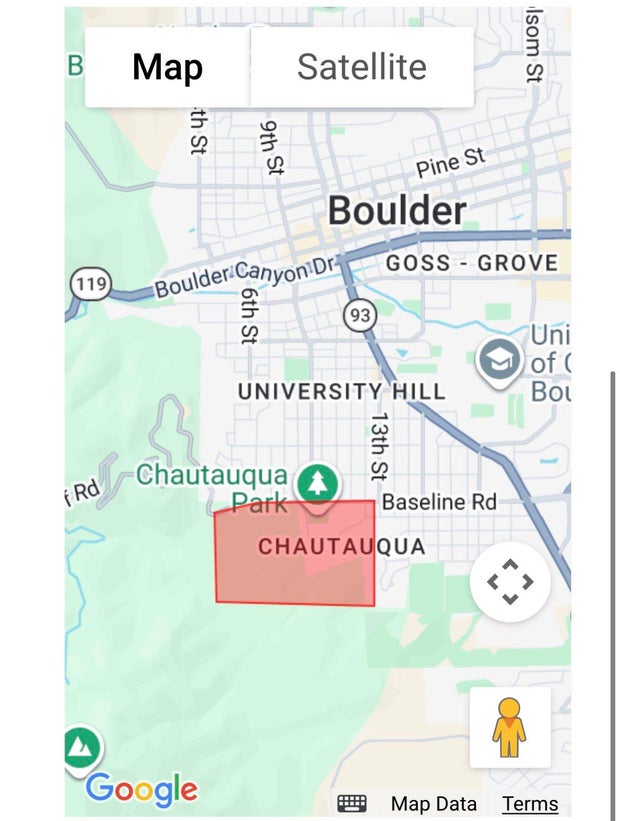Big Marijuana is waging a war on Colorado’s children — just as Big Tobacco has done for generations.
High-potency concentrates are sold in nifty little packages and pre-loaded into disposable, battery-powered vape pens that can be concealed in a kid’s backpack or pocket. Then, they’re inhaled discreetly on the fly — maybe on the way to school — and tossed in the trash.
No dreadlocks; no billowing, acrid smoke; no joints the size of a rolled-up newspaper. This ain’t your grandpa’s Dead concert. This is today’s kids — perhaps even your kids — and the power-packed pot derivatives they’re using are getting them higher than ever.
Though technically off limits to minors, retail pot has played a pivotal role in undermining Colorado’s youths. Their mental health is in crisis; their lives are in greater jeopardy on our roadways amid soaring traffic crashes. Marijuana is a key factor in all of it.
And Colorado’s cynical marijuana merchants, as well as the laws that govern them, do far too little to keep their addictive and psychosis-inducing products from falling into underage hands. After all, the industry has to groom the next generation of potheads lest it go out of business.
So, you’d think the battle lines in Big Marijuana’s war on our kids would be pretty clearly drawn. Surely, no one in a position of authority — certainly not our state’s top, elected legal eagle — should side with the pot industry.
And yet, Colorado’s attorney general, Phil Weiser, has done just that. He wants the federal government to water down its longtime prohibition on marijuana.
As reported last week by Colorado Politics, Weiser joined his counterparts from a dozen other states in signing a letter to the U.S. Drug Enforcement Administration asking that marijuana be downgraded from a Schedule I to a Schedule III substance.
The letter’s reasoning hinges in part on the pot lobby’s preposterous talking points — claiming, “a state-regulated cannabis industry better protects consumers than the illicit marijuana market.” In other words, legalizing pot somehow makes it safer. Yeah, right.
As also noted in the Colorado Politics report, “rescheduling” marijuana as the AGs’ letter urges also would let pot peddlers open business accounts at banks, which are federally regulated, and to raise capital. That’s the industry’s true motive, and Weiser is playing right into its hands.
Which couldn’t be worse for Colorado’s kids.
While there was a dip in pot use by Colorado youths during the pandemic, use by minors has been on the rise over the longer run. Data from the state’s annual Healthy Kids survey revealed pot use by kids in Colorado skyrocketed between 2017 and 2020. Nationwide, adolescent pot use has increased dramatically — by about 245% — since 2000.
A growing body of research, meanwhile, attests to the damage pot is doing to our youth’s mental health. A Columbia University study released last May found teens who use pot are two to four times more prone to psychiatric disorders, depression and suicide.
Colorado’s official health department webpage on pot use points out its dangers to youths — that it causes learning and memorization deficiencies “weeks after” marijuana use; that it’s especially addictive for young people; that it makes them likelier to attempt suicide.
As we pointed out here last month when Gov. Jared Polis unwisely signed onto a similar letter with several other misguided governors, the numbers don’t lie.
According to the Colorado Department of Health and Environment’s Violent Death Reporting System, 42.9% of Colorado teens 15-19 years old who die by suicide have marijuana’s psychoactive ingredient, THC, in their system at the time of death. For Hispanic teens in that age range, the number climbs to 49%. For Black teens, stunningly, it’s almost 67%.
Marijuana is a kid killer. Why would Weiser want to do any favors for those who trade in it?
Gazette editorial board















































